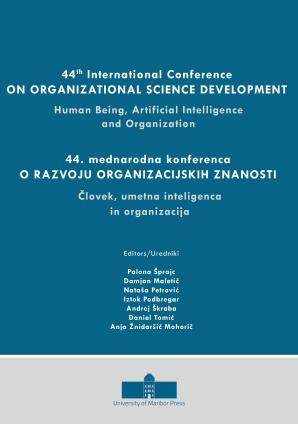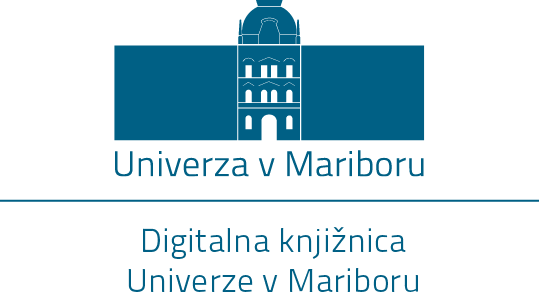Massive Open Online Courses (MOOCs) for Health Professionals: What We Can Find in the Literature
Kratka vsebina
Background. Massive Open Online Courses (MOOCs) provide distance learning opportunities for healthcare professionals on different topics. However, an overview on this topic is not available to date in the literature. Aims. To summarize the available literature on MOOCs dedicated to healthcare students and professionals. Methods. A review was conducted following the PRISMA guidelines in PubMed, CINAHL, Cochrane, Scopus, PsycInfo, and MEDLINE databases. Primary and secondary studies published between 2020, and July 2024 were included. The quality of the studies was assessed using the Joanna Briggs Institute tools. Results: Forty-three studies were included. The development of MOOCs is a worldwide phenomenon. MOOCs are attractive due to their many topics, flexibility, ability to be customized to learners' needs, and frequently free nature. Nevertheless, just few MOOCs have focused on topics related to vulnerable populations. Conclusion: Research on MOOCs has significantly increased during and after the pandemic. This educational format is effective, although there are some barriers to overcome. There is an urgent need to implement MOOCs that focus on all populations, particularly the vulnerable ones, to educate health professionals about challenges and disparities.







